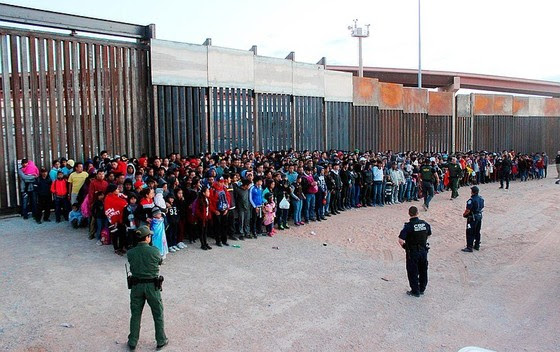Below is an archive of the Hub’s Spotlight on Language, Culture and Justice series. Most of these are original commentaries by Hub members as well as other scholars and practitioners working in relevant fields.
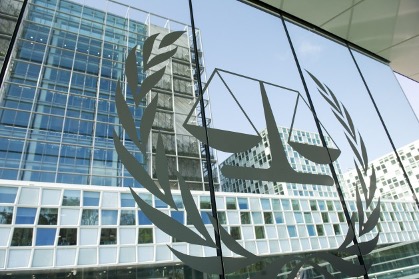
Spotlight on Language, Culture and Justice
Past Spotlights by Year: 2023, 2022, 2021, 2020, 2019
-
April 2024: Announcing the Language Rights Defenders Award
This month’s Spotlight on Language, Culture and Justice is contributed by Dr. Gerald Roche, Anthropologist and Associate Professor in the Department of Politics, Media, and Philosophy at La Trobe University. Gerald is a founding co-chair of the Global Coalition on Language Rights and has established the Coalition’s new Language Rights Defenders Award. Nominations for this… Read More
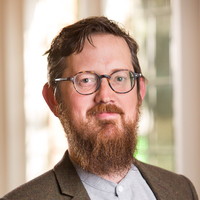
-
March 2024: Linguistic Labor and Language Access in U.S. Schools
This month’s Spotlight is contributed by Hub member Molly Hamm-Rodríguez, Assistant Professor of Social Foundations of Education at the University of South Florida. In 2015, the U.S. Department of Education Office for Civil Rights and U.S. Department of Justice Civil Rights Division issued a “Dear Colleague” letter to address public schools’ responsibilities to ensure the… Read More
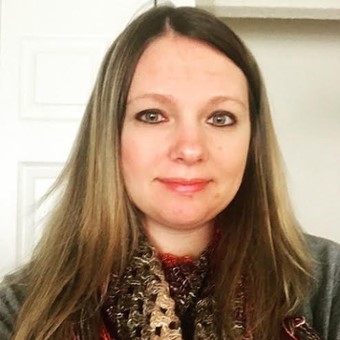
-
February 2024: Considering Language about “the Conflict”
As the world remains transfixed by daily news reports about the ongoing conflict involving Israel and Palestine, playing out largely in Gaza, some observers have directed attention to how events are being verbally described in the English-language press. It would appear that a war of actions is being bolstered by a war of words. Read More
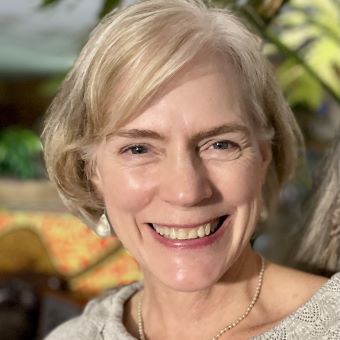
-
May 2023: “The Importance of Legal Metaphor”
This month’s Spotlight is contributed by Hub member Miguel Ángel Campos Pardillos, Senior Lecturer in English Linguistics at the University of Alicante, Spain. His teaching involves mainly Legal English and English-Spanish Translation, mostly at a postgraduate level, where he has supervised a number of PhD dissertations related to translation and languages for specific purposes. He… Read More

-
April 2023: “Multilingual Life on a Monolingual Campus: Findings and Recommendations”
This month’s Spotlight focuses on a project of the Language, Culture and Justice Hub, “Multilingual Life on a Monolingual Campus,” whose final report is now available. Six Brandeis University student researchers collaborated with Hub director Leigh Swigart, seeking to shed light on how international students live their linguistic lives on our campus. A central question for the study… Read More

-
March 2023: ‘#GLAD23 offers diverse perspectives on the importance of language rights’
This month’s Spotlight provides a brief overview of the recently concluded Global Language Advocacy Day 2023 (#GLAD23), organized by the Global Coalition for Language Rights. This year’s GLAD theme was Language Rights Save Lives. The Coalition works at the intersection of language, digital and human rights. Its aims are: · To support global efforts towards increasing access to critical… Read More
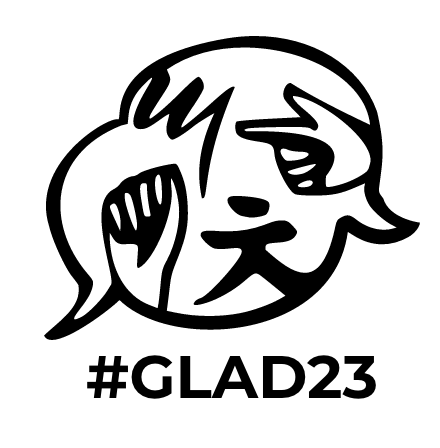
-
February 2023: ‘Combating Negative Views of the Irish Language’
This month’s post comes from Alexandra Philbin, a Language Revitalization Mentor with the Endangered Languages Project (ELP). The project aims to support Indigenous, minoritized and endangered languages around the world by connecting language communities with resources, information and ideas to strengthen their languages. ELP is active on Instagram, Facebook, Twitter and LinkedIn and you can also subscribe to the project’s newsletter for more information.… Read More
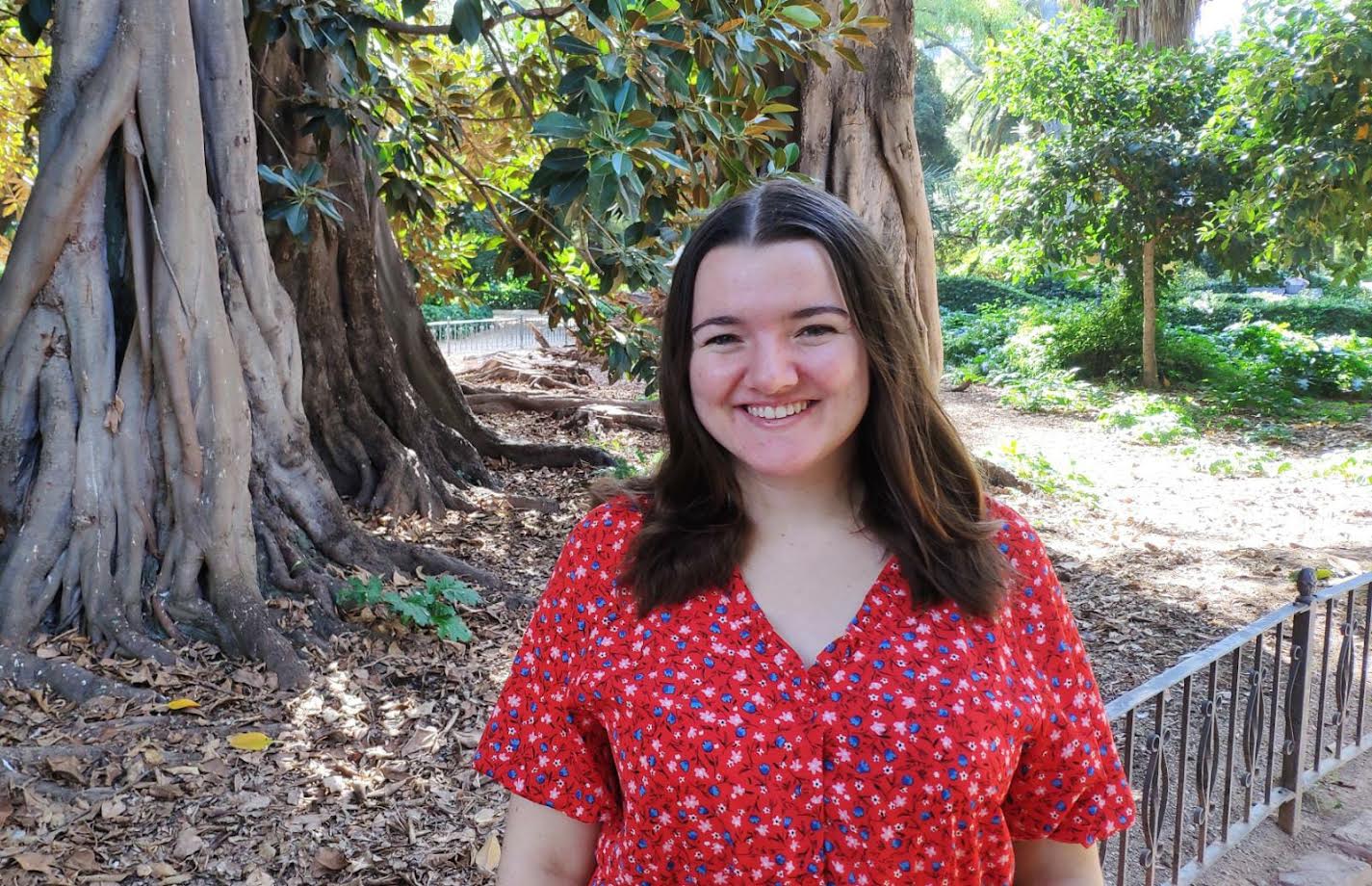
-
December 2022: “What does English-language dominance mean for the field of international law and justice?”
This month’s Spotlight comes from Language, Culture and Justice Hub director Leigh Swigart. She brings us her reflections, along with those of other scholars, about the impacts of having a single language dominate a field that purports to both reflect and serve a global population characterized by enormous linguistic diversity. It cannot be denied that… Read More

-
November 2022: “Decolonizing Accent in English-Language Teaching”
This month’s Spotlight comes from Language, Culture and Hub member Mingyi Li. Mingyi is a Ph.D. student at the Ontario Institute for Studies in Education (OISE) at the University of Toronto. For her Master’s degree, she explored how Western influence has affected Chinese doctoral students’ understanding of the West before they came to Canada, as… Read More
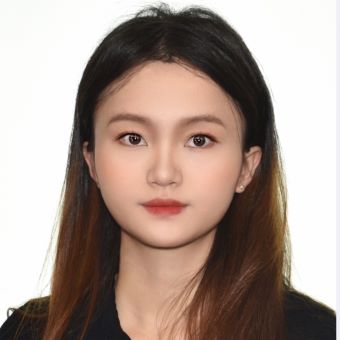
-
October 2022: “The Global Coalition for Language Rights”
This month’s feature is contributed by the co-chairs of the Global Coalition for Language Rights, Lucio Bagnulo, Veronica Costea, and Gerald Roche. They introduce our readers to an exciting and much needed initiative. The early period of the covid pandemic was a strange time of simultaneous isolation and connectivity, as we all bunkered down at… Read More

-
September 2022: “Interpretation at the Asylum Office”
This month’s feature is contributed by LCJ Hub member Hillary Mellinger, an Assistant Professorof Criminal Justice and Criminology at Washington State University. Hillary’s research focuses on language access within the U.S. immigration and criminal justice systems, the challenges that asylum applicants and attorneys encounter at the U.S. Asylum Office, and the criminalization of migration. Prior… Read More
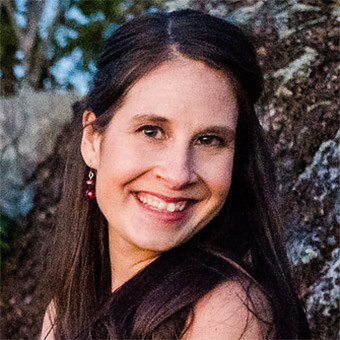
-
July 2022: “Introducing the Macquarie Laws of War Corpus (MQLWC)”
This month’s feature is contributed by Annabelle Lukin (Macquarie University) and Rodrigo Araújo e Castro (Universidade Minas Gerais/Macquarie University). They introduce a newly available corpus, based on the key texts of international war law, now available to be searched using corpus linguistics techniques. This corpus enables critical law scholars and linguists to collaborate on studies of c.170 years of international… Read More
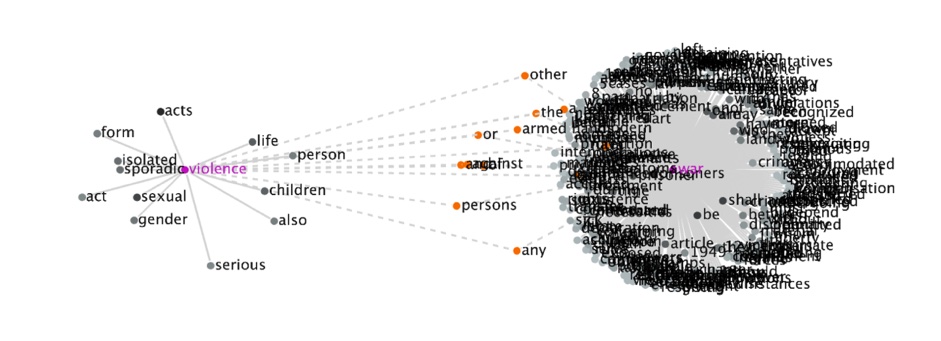
-
June 2022: “The Search for Extraterrestrial Intelligence (SETI) and Human Law – a new research field”
This month’s feature comes from Michael Bohlander, Chair in Global Law and SETI Policy at Durham Law School (UK). Prof. Bohlander previously served as an international judge at the Extraordinary Chambers in the Courts of Cambodia in Phnom Penh (2015-2019), which addressed crimes allegedly committed during the Khmer Rouge period, and is on the roster of… Read More

-
May 2022: “Linguistic Refoulement: Exploring the Intersection Between Language and Asylum”
This month’s feature is a blogpost about the work of Language, Culture and Justice Hub member Katie Becker, who volunteers with Respond Crisis Translation. Becker recently graduated with a Master of Arts in Global Security and Borders from Queen’s University Belfast. Her master’s dissertation, (In)credible Fear: Linguistic Refoulement and Indigenous-Language Speakers at the U.S.-Mexico Border, was inspired by her work… Read More

-
April 2022: “The Language(s) of Politics: Multilingual Policy-Making in the European Union”
This month’s feature is contributed by Nils Ringe (Brandeis class of 2001), Professor of Political Science and Director of the Jean Monnet EU Center of Excellence for Comparative Populism at the University of Wisconsin-Madison. He introduces his newly published book, The Language(s) of Politics: Multilingual Policy-Making in the European Union (University of Michigan Press 2022). The eBook version is available… Read More
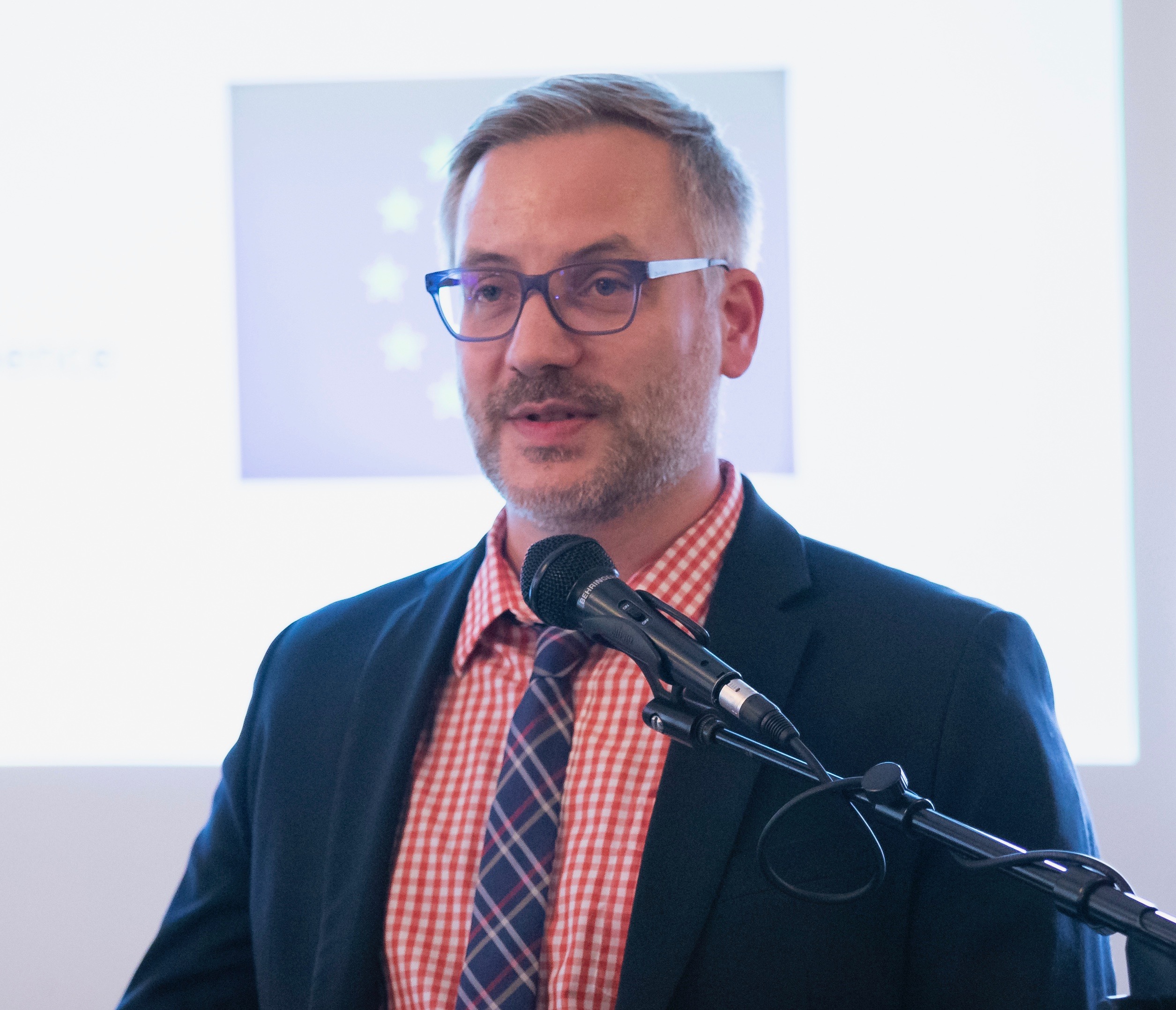
-
March 2022: “Linguistic profiling: An under-recognized force in the justice system and beyond”
LCJ Hub member Shawna Shapiro, Associate Professor of writing and linguistics at Middlebury College in the US, calls our attention to an often unperceived influence on our interactions and understandings, including those in the legal field. Read more about Shawna’s work at her college webpage. One of the commonplaces in the legal profession and the criminal… Read More

-
February 2022: “Why is it important to define the concept of ‘plain writing’ in the legal field?”
LCJ Hub member Paulina Meza, Associate Professor and researcher at the Universidad de La Serena in Chile, contributes this month’s Spotlight on a critical issue around language and the law. Although the issue of plain language in the legal field has attracted great interest recently (Castellón, 2009; Songa, 2013; Carretero, 2015; Blank and Osofsky, 2017;… Read More

-
December 2021: “Securing the Borders of English and Whiteness”
Brass ‘White Australia’ protection badge, 1906. Image credit: National Museum of Australia This month’s Spotlight features a recently published commentary from Language on the Move (LOTM), a peer-reviewed sociolinguistics research site devoted to multilingualism, language learning, and intercultural communication in the contexts of globalization and migration. It was prepared by Ingrid Piller, LOTM editor and Distinguished Professor… Read More
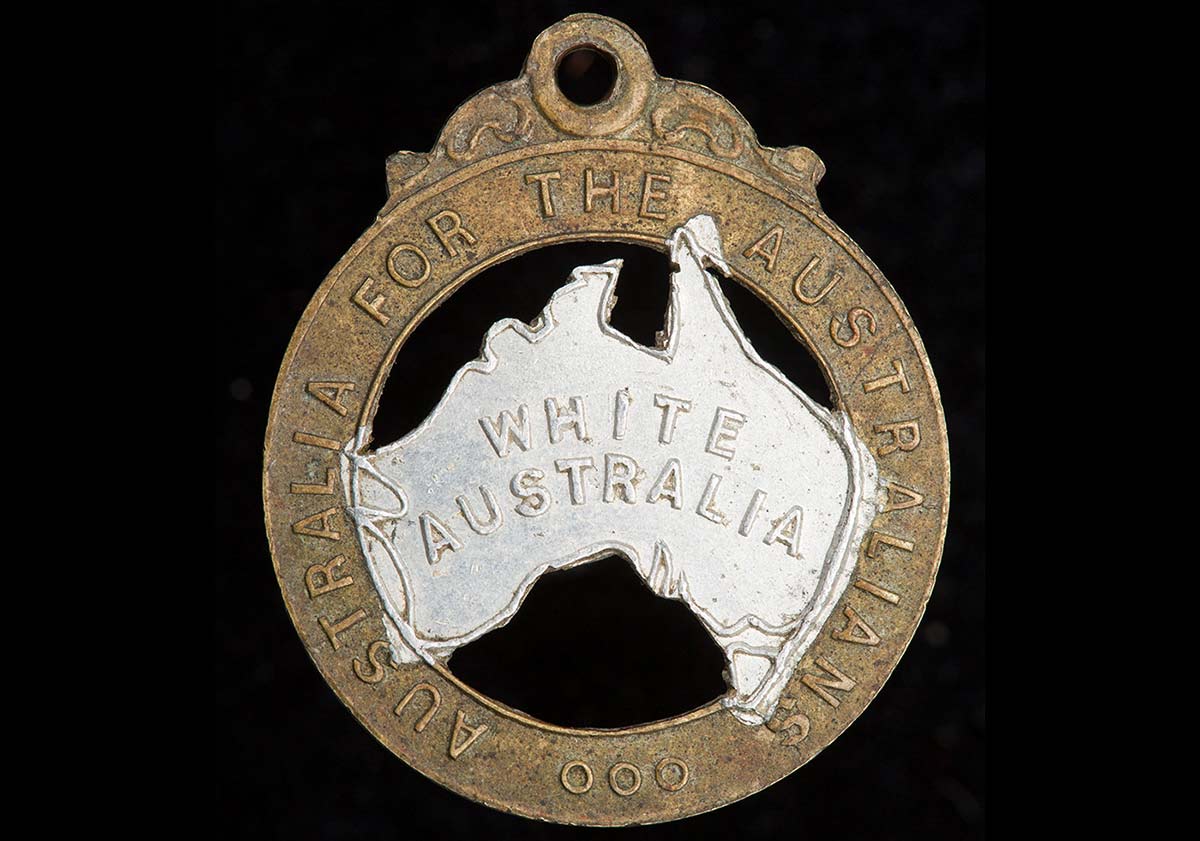
-
November 2021: “Indigenous Languages, Environmental Knowledge and the Impacts of the Coronavirus Pandemic”
By Leigh Swigart [Photo credit PNAS] The COVID-19 era has shone a spotlight on the challenges experienced by many multilingual societies in effectively communicating critical health information, particularly to members of vulnerable and minority populations. These difficulties have been well documented, for example, in OneSmallWindow for the UK, and in a variety of settings across the globe… Read More
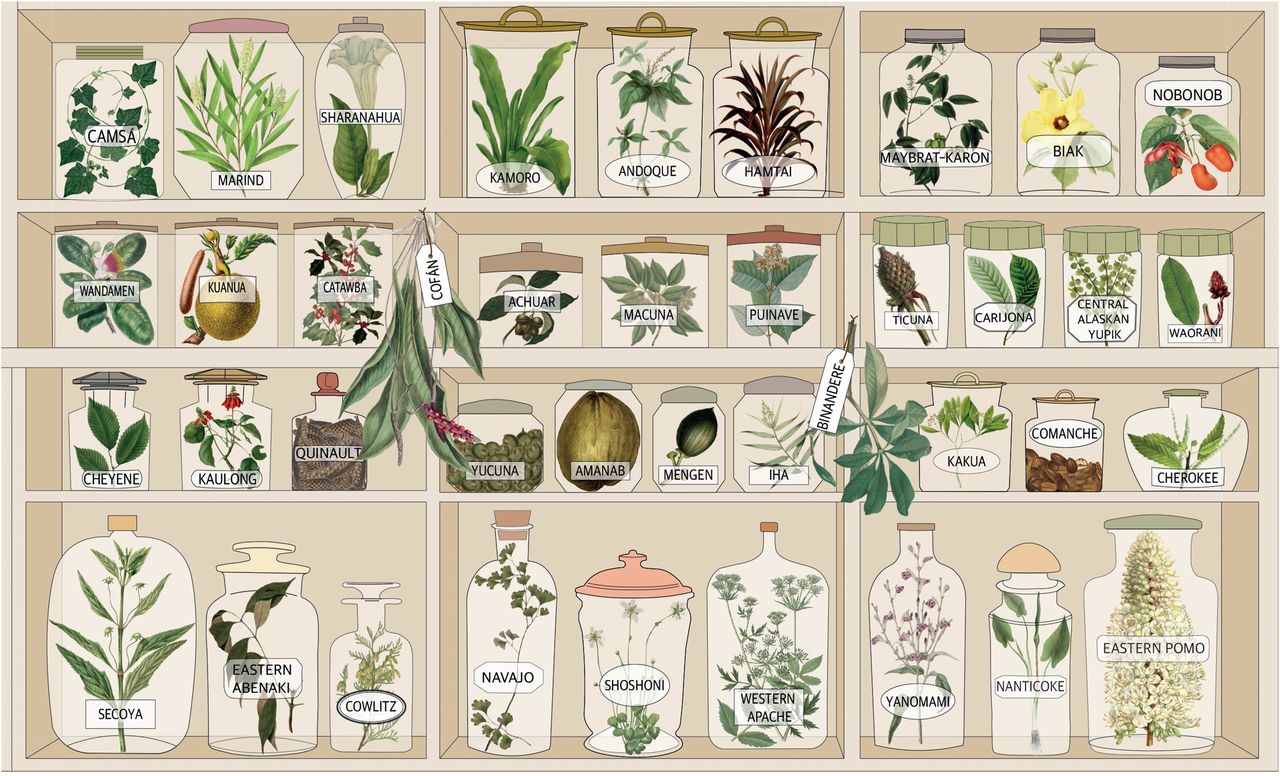
-
October 2021: ‘Supporting two-way communication with police in Western Australia: new translation app helps to identify need for Aboriginal interpreters’
By Alex Bowen, Linguist and Trainer, Aboriginal Interpreting Western Australia; PhD Student, University of Melbourne Aboriginal Interpreting Western Australia (AIWA) recently worked with the Western Australia Police Force to develop an app which could signal a new direction in communication with Aboriginal people who are arrested. The app, which police have on their phones, delivers… Read More
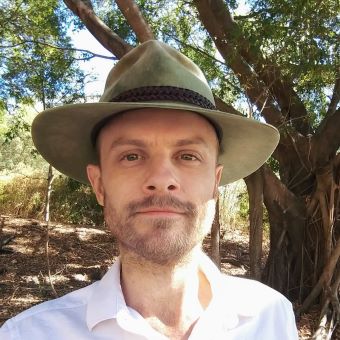
-
September 2021: “Interpreting ‘In the Field’”
This month’s feature comes from Language, Culture and Justice Hub member Laura Kunreuther, Associate Professor of Anthropology at Bard College. She has been investigating the world of “field interpreters” for several years and offers her reflections on an intriguing aspect of their critical work. “Interpreting ‘In the Field’” What does it mean, practically and subjectively, to… Read More

-
July 2021: “Language Rights in a Changing China: A National Overview and Zhuang Case Study”
A new book by Language, Culture and Justice Hub member Alexandra Grey has just been published (Contributions to the Sociology of Language #113, De Gruyter Mouton 2021). Language Rights in a Changing China is the culmination of eight years of research, including fieldwork in four provinces across the People’s Republic of China. The book examines the constitutional minority language rights… Read More
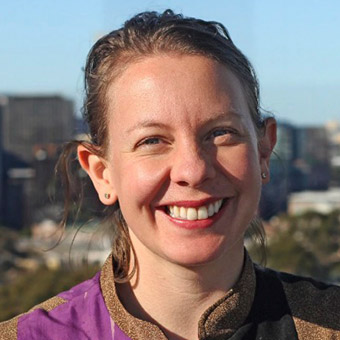
-
June 2021: “Linguistic Lives as Working Lives: Exploring Communication Labor with Legal Interpreters’ Language Life Histories”
By Sonya Rao, American Bar Association/AccessLex Institute Post-Doctoral Fellow in Legal and Higher Education The life history interview, a type of oral history that covers the events of an individual’s life experiences, is a useful methodological tool for social scientists and historians. In these interviews, researchers can explore the depths of an individual’s historical experience and… Read More

-
May 2021: “A Seat at the Table: Islamic Law’s Neglected Potential in Universalising International Humanitarian Law”
By Julie Fraser, Assistant Professor of Law, Utrecht University The large-scale Black Lives Matter protests in the middle of 2020 made it impossible to look away from structural biases and inequalities around the world. As an international lawyer, I reflected further on how the norms and institutions of international law also privilege and silence certain perspectives… Read More

-
April 2021: “Lost in Translation: Interpretation as a Barrier to Asylum in Texas Immigration Courts”
By Edith Muleiro, The University of Texas at Austin Language influences our lives in many ways. For some this influence may be subtle, but in a courtroom the ability to understand and be understood becomes the determining factor in one’s future. Imagine standing in a new and unfamiliar country before a judge. A form in… Read More

-
March 2021: “How International War Law Makes Violence Legal: A Case Study of the Rome Statute”
This month’s Spotlight was contributed by Annabelle Lukin, Associate Professor of Linguistics at Macquarie University. For many years, she has studied language ideologies around war and violence. She comments here on her recently published article analyzing the International Criminal Court’s Rome Statute. The standard narrative about the history of international war law is that it has… Read More

-
February 2021: “Identity and Diversity on the International Bench: Who Is the Judge?”
This month’s Spotlight feature was contributed by Professor Freya Baetens (University of Oslo, Leiden University), editor of the newly published volume, Identity and Diversity on the International Bench: Who Is the Judge? (Oxford University Press). International courts and tribunals hold the power to decide on questions involving sovereignty over territory, grave human rights violations, international crimes, or millions of… Read More
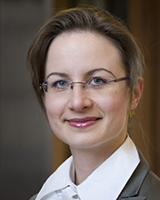
-
December 2020: “Language, Culture and Justice Hub celebrates inaugural event”
Thanks to the 120 persons who recently participated in Rights, Rules and Rhetoric: Exploring Language for and about Migrants in Australia, Europe and North America. This was the first public program sponsored by Brandeis University’s Language, Culture and Justice Hub, with conveners hailing from the three continents. Participants logged on from 19 countries across the globe, including several… Read More
-
November 2020: “Book Unpacks Crucial Ways in Which Law and Culture Are Intertwined”
This month’s Spotlight is contributed by Language, Culture and Justice Hub members Julie Fraser and Brianne McGonigle Leyh of Utrecht University. We are pleased to present our new edited volume Intersections of Law and Culture at the International Criminal Court, published in October by Edward Elgar Press. This book takes as a premise that notions of culture affect the legal foundations,… Read More
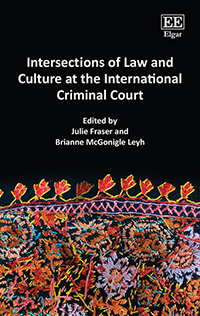
-
October 2020: “Call for Participation for ‘Rights, Rules and Rhetoric’”
The Language, Culture and Justice Hub invites you to participate in an asynchronous and written online “learning exchange” exploring diverse language challenges facing migrants as they navigate legal and other critical contexts, work in academic / professional settings, and respond to rhetoric that (mis)(re)presents them. Participation is simple: over the course of 17 and 18 November… Read More
-
September 2020: “Survey of Canadian Legal Translation Professionals: Who Are These Gatekeepers of Equal Access to Justice?”
By Hub member Dr. Marie-Hélène Girard, Assistant Professor and Academic Coordinator, School of Continuing Studies, Graduate Diploma in Legal Translation, McGill University Located in Montreal, one of the world’s most bilingual cities, McGill University not only has a long tradition of building bridges between Canada’s two official languages of English and French, but its law programs… Read More
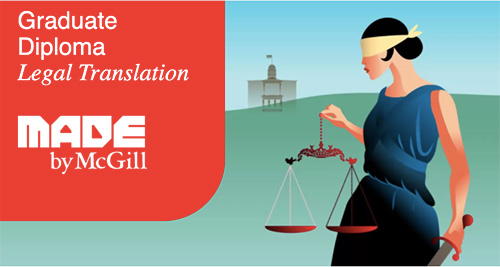
-
July 2020: “Symbolic Violence and Legal and Institutional Translation”
This commentary is written by Dr M. Rosario Martín Ruano, Co-PI (together with Prof. África Vidal) of the research project VIOSIMTRAD [Symbolic Violence and Translation: Challenges in the Representation of Fragmented Identities within the Global Society, FFI2015-66516-P] (funded by the Spanish Ministry of Economy and Competitiveness and ERDF Funds). The research project VIOSIMTRAD is carried… Read More
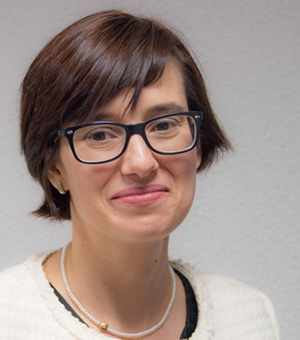
-
June 2020: “Back to the International Criminal Tribunal for Rwanda”
This commentary comes from Hub member Leigh Swigart. The world of international criminal justice was recently rocked by the arrest of longtime fugitive-from-justice Félicien Kabuga, charged by the International Criminal Tribunal for Rwanda (ICTR) with multiple counts of genocide and crimes against humanity allegedly committed during the 1994 Rwandan genocide. Kabuga was a prominent Rwandan… Read More
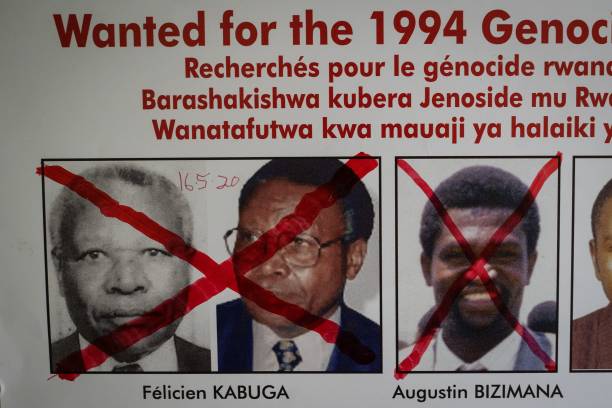
-
May 2020: “Lawyers Need to Know More About Language”
This article was originally published on 18 July 2019 at Language on the Move, a peer-reviewed sociolinguistics research site devoted to multilingualism, language learning and intercultural communication in the contexts of globalization and migration. It was authored by Hub members Laura Smith-Khan and Alexandra Grey. It discusses presentations made at the most recent Biennial Conference of the International Association of Forensic… Read More
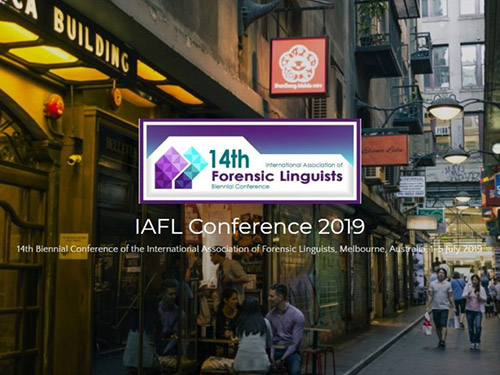
-
April 2020: “Culture’s Contribution to Justice: The Story of a Dance-Drama and Cambodia’s Khmer Rouge Tribunal”
This commentary was contributed by Hub member Toni Shapiro-Phim, associate professor of Creativity, the Arts, and Social Transformation, Brandeis University. Toni Shapiro-Phim A “moral and collective reparation” project associated with the Extraordinary Chambers in the Courts of Cambodia (ECCC) — also known as the Khmer Rouge Tribunal — offers an example of the potency of expressive… Read More
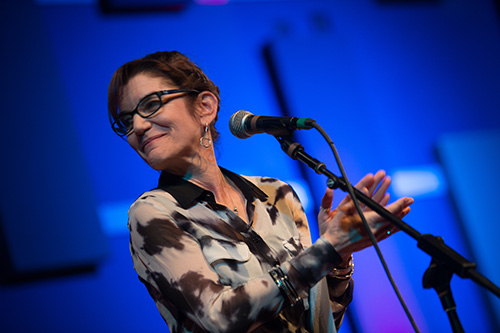
-
March 2020: “Searching for Language to Describe Discrimination on the Basis of Work and Descent”
This commentary was contributed by Hub member Rajesh Sampath, associate professor of the philosophy of justice, rights and social change at the Heller School for Social Policy and Management at Brandeis. I am a part of an international group of NGO leaders, activists, scholars, artists and former heads of minority rights divisions of major multilateral institutions.… Read More

-
February 2020: “Afghan Interpreters Demand Rights, Not Favours”
Originally published Nov. 6, 2019, at the website Discover Society. This month’s feature comes from Hub member Sara de Jong, lecturer at the Department of Politics, University of York. She currently researches the claims to protection and rights by former Locally Engaged Civilians in Western military campaigns and their advocates. She provided written and oral evidence… Read More
-
December 2019: ‘Race, Language and Belonging: How Just is our Listening?’
A recent talk by University of Toronto scholar Vijay Ramjattan delves into the field of raciolinguistics, which examines how language is used to construct race and how ideas of race influence language and language use, especially in relation to racialized subjects. Scholars Nelson Flores (University of Pennsylvania) and Jonathan Rosa (Stanford University) coined the term “raciolinguistic ideologies”… Read More
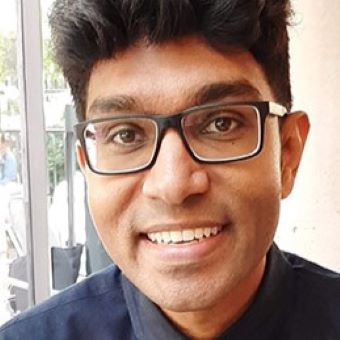
-
November 2019: ‘A Look at Language and Culture Issues in Mass Violence Trials’
What kinds of misunderstandings emerge in the context of criminal trials dealing with war crimes, crimes against humanity and genocide? What are the impacts of different linguistic and cultural practices on both the proceedings and the ways in which these proceedings are understood? While various scholars and observers have mapped parts of this vast terrain… Read More
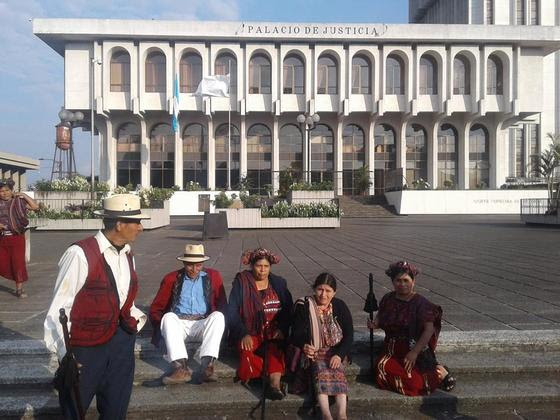
-
October 2019: ‘Exploring Interpretation as a Right in the Context of Migration’
The Trump administration recently decided that providing in-court interpretation during initial-phase immigration proceedings represents an unnecessary expense in an already bogged-down system. Migrants will be shown a film explaining legal procedures in a variety of languages but will not be able to ask questions and receive more information on the spot. According to the San Francisco… Read More
